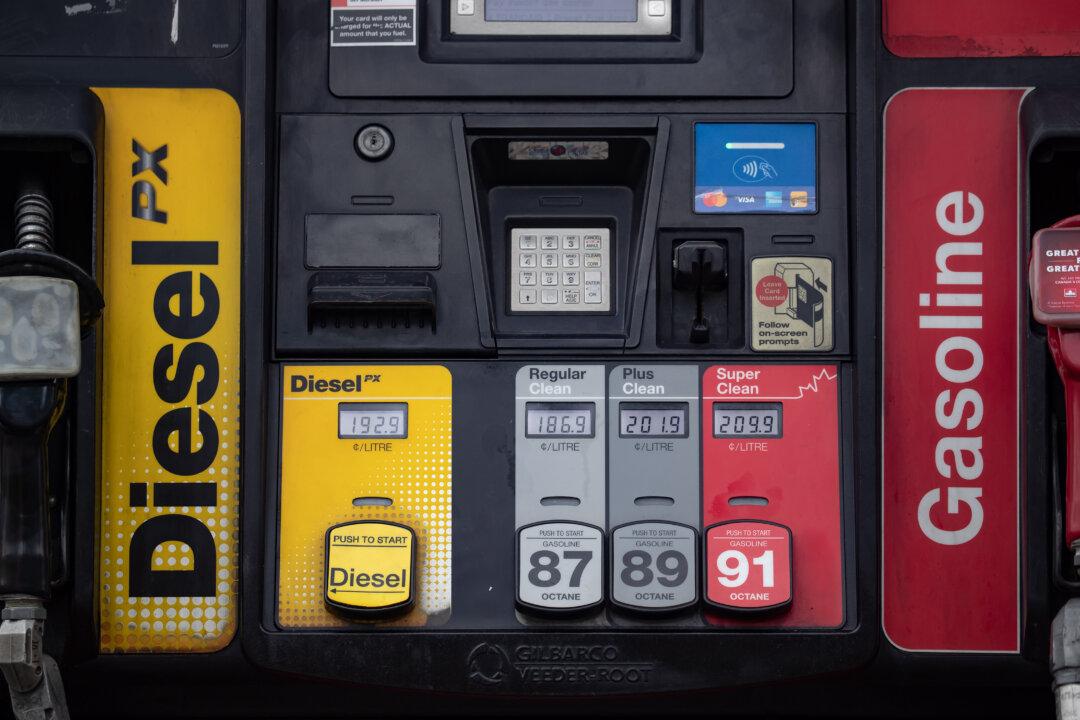The Alberta government will suspend fuel tax collection in April and grant a rebate of $150 on Albertans’ electricity bills as energy costs continue to climb.
In a press conference on March 7, Premier Jason Kenney attributed rising energy costs to uncertainty caused by Russia’s invasion of Ukraine, and skyrocketing inflation spurred by Prime Minister Justin Trudeau’s “reckless deficit spending” and green energy policies.





